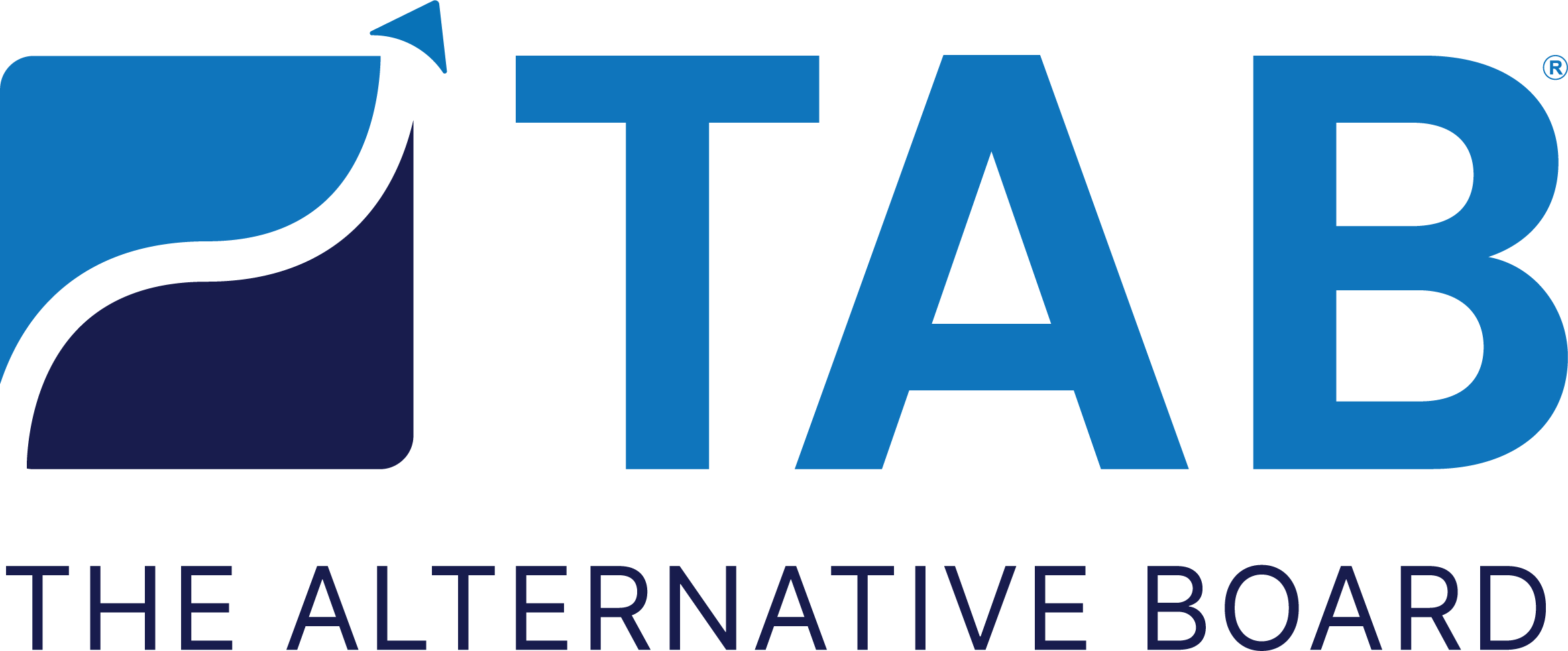The Unique Nature of Personal Vision Statements and the Family
After graduating college with a law degree, I went to work for a publicly owned company. My boss informed me on the first day that my decisions needed to be guided by the principle that the purpose of the company was to maximize growth and profits. This certainly is not the guiding principle for many family-owned businesses. The vision of many who have controlling ownership in a privately owned business, who I will refer to as the FBOs, may include factors that are deemed more important than maximizing growth and profits.
The vision statement of an FBO should answer the questions, “Why does your business exist with respect to you and your family? Does the reason for your business to exist go beyond what it provides you and your family, such as funding a certain lifestyle? And if so, what is that reason?”
As part of creating an impactful personal vision for the family business, the FBO must consider what he or she would like to be doing long-term (5 to 10 years in the future) and what the dynamics of that involvement should look like. For example, with whom (and what type of person) would the FBO like to be working. What is the desired income the FBO would like to draw from the business?
The Personal Vision Statement of the FBO must be completed before the creation of the Company Vision Statement to ensure consistency; the Personal Vision Statement will provide the foundation for the Company Vision Statement and respects the roles of the FBO and other family members in the business.
FBO’s long-term vision should take into consideration his or her ideal involvement level in the company, as well as that of each family member in the business. One of the most common factors that FBOs view as even more important than maximizing growth and profits is wanting family members to have key management roles (even if the FBO knows those family members may not be best qualified for the roles).
Once the FBO’s Personal Vision and Company Vision Statements are complete, family-member employees should be informed not just of the aspects that directly affect them, but really the entire Company Vision Statement. Family-member employees must do more than simply understand this information; they must understand what is behind the long-range dreams of the FBO, then accept and embrace it. The family-member employees need to follow and support the FBO’s vision until such a time, if ever it comes, when it is their turn to control the company.
One way to reduce potential conflict between the vision of an FBO and family-member employees is for the FBO, before finalizing the vision statements, to ask each family-member employee to write his or her Personal Vision Statement relating to their own dreams of future involvement with the company. After reviewing these statements, the FBO may or may not make changes to their own Personal Vision Statement, as well as that of the company (depending upon how much importance the FBO gives to the Personally Vision Statement of each family-member employee).
What an FBO wants from their company in order to meet their dreams may not be the same as what other family-member employees might want to fulfill their own dreams. However, if family-member employees cannot support the owner’s vision, they simply should find other employment. If family business employees do not or cannot support the long-term vision of the FBO, the company will not be operating in alignment. The lack of a strong, fully cooperating relationship and “all oars moving in the same direction” will negatively impact company results and add stress among the FBO and the family-member employees.
Whether your business is family-run or not, you do not have to go it alone. Apply today to join a TAB Board and enjoy the clarity of advice from your business peers.
Written by Allen Fishman
Allen Fishman is the Founder and Executive Chairman at The Alternative Board (Worldwide) and Allen Training Centers, Inc. Allen is also a best-selling author and former Business Insights nationally syndicated columnist.

